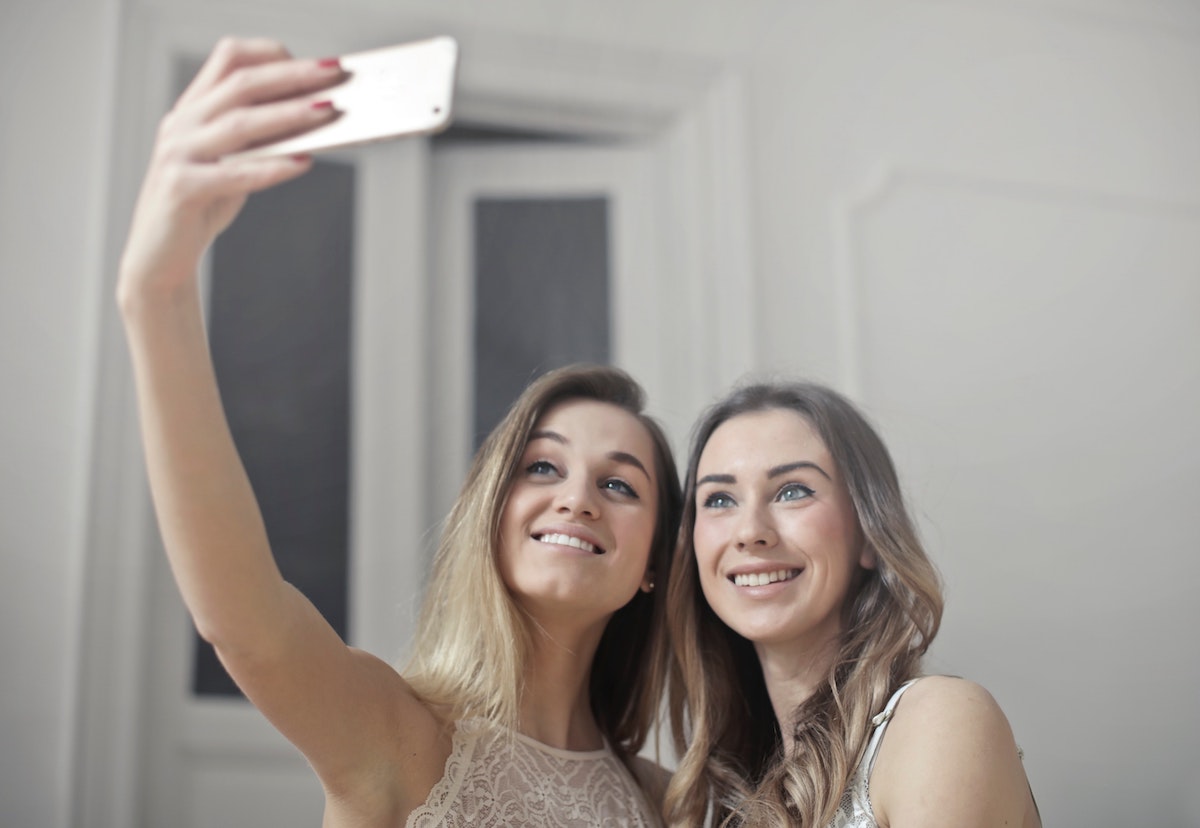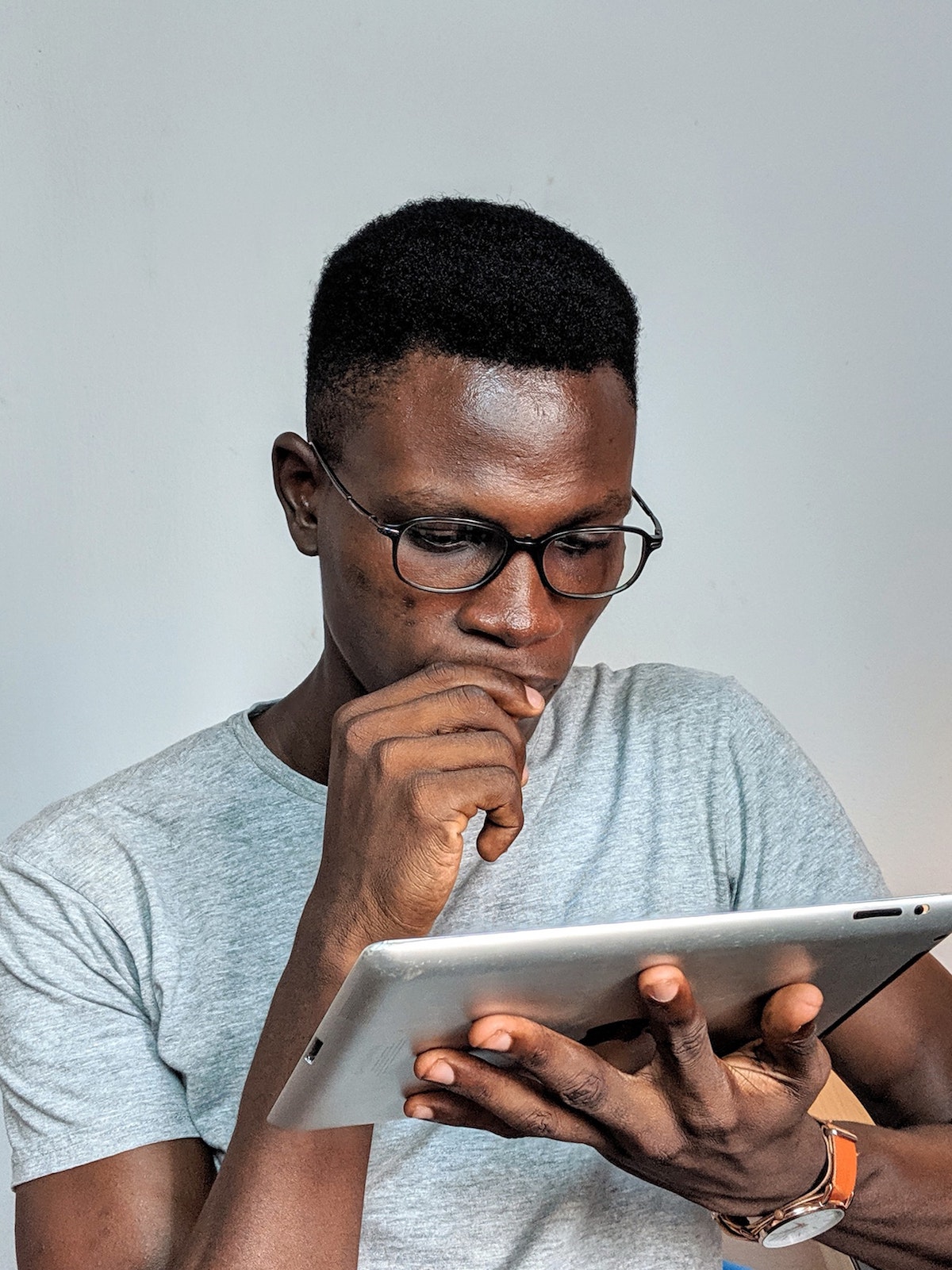What’s the link between Mental Health and Social Media?
Have you ever wondered what impact Social Media has on the way people think, the way they perceive themselves or the way they are brainwashed into believing certain things which as a result leads to a decline in their Mental Health over time?
Social Media platforms such as Instagram, Snapchat and Twitter have all changed the way the world operates, some for the best, some for the worst.

Ranging from celebrities like Kim Kardashian to Instagram Fitness Influencers like Rich Froning Jr, people looking from the outside may be amazed and try to imitate their every move, but the following will explain why that’s a bad idea especially for your Mental Health.
Fake celebrity visual representation
Many people become ‘inspired’ by celebrities on Social Media and ‘motivated’ to change themselves to fit that societal expectation and the visual representation they present of themselves online.
But the thing people fail to realise is, these Social Media influencers are showing you the best version of themselves and the best parts of their lives, they may look good, own cars, have beautiful spouses and have large mansions but you are not aware of the struggle and hardship they may have had to endure to get there and the mental strain they may be currently under.

Following an online persona to the extent where you feel that your life should be a reflection of theirs is not healthy for your mind, an obsession on another person’s life can be debilitating and brain-numbing, especially if you are persistent in it and it can affect your Mental Health greatly in a negative way.
Many famous celebrities have had plastic surgery and Botox on themselves, alongside with unrealistic filters and photoshopping done on their photos. Following this can create body-image issues and feelings of worthlessness for an individual for no real reason or basis.
People can become victims of online bullying, they may not like other people’s photos and hence poke fun at them or ridicule them because they may not have much ‘likes’ on their posts. Some people even time their posts at a specific time in the day where they believe most people will be free like lunchtime because they may be more likely to see the selfies and posts they put up, so they can have more likes.
However, if these likes don’t satisfy them, they may delete the post and repost it later in hope for more likes. So, the pursuit for the approval of others could become an obsession and this will not be beneficial for an individual’s Mental Health.
Applying Social Media to yourself
Applying everything you see on Social Media to you and your life isn’t the best thing to be doing, as mentioned before; most of what you see is a glamourized version of somebody else’s life.

Living up to the expectations of online influencers and celebrities is unnecessary. Just like females may look up to fitness experts and models on Instagram, males may look up to bodybuilders and fitness fanatics who show pictures of sculpted physiques.
What young people do not notice is that they are showing you the end result, the number of hours, pain and determination it took for them to look the way they do cannot be shown on Social Media.
If an individual aims to be, for example, as physically sculpted as an online personality without knowing what it entails, then they are setting themselves up for failure from a psychological point of view.
What can ‘bad’ Social Media use cause?
The types of Mental Health problems which can arise from Social Media are:
-
Stress and Anxiety
If an individual is always self-conscious about the way they are viewed based on the portrayal of ‘success’ on social media, they will always try and pursue that image of success and this can lead to an individual never letting their mind rest, as they are bothered about everyone else and not showing self-love. Always being anxious and stressed because of social media can lead to the development of a condition which goes by the name of ‘Social media Anxiety Disorder’ which is a real Mental Health condition and it is rife in the 21st Century.
-
Obsessive-Compulsive Disorder (OCD)
For regular social media users, their social media usage can lead to OCD. Social media users may struggle to close the applications when they should do, they may always be on the phone til the early hours of the morning, they may even struggle to walk away from their phone and have to ensure it is next to them in case they get an update on social media, whether it be a message, ‘like’ or something else regarding other people’s lives (nomophobia).
-
Depression
Social Media can lead someone to an all-time low, they can become completely deflated and down on themselves all the time because their life just doesn’t quite cut it compared to these social media influencers, they may not feel that they have enough friends as they do and have thoughts that they are not worth anything and that the social media personalities are just better people living better lives, which of course is miles away from the truth.
-
Body Dysmorphia
When people see that the bodies of others look better than their own, it can cause huge confidence issues and they may see themselves as ‘ugly’ and unattractive. When you are constantly flooded with unrealistic pictures, sooner or later it can start having an impact on how you feel about yourself.
A survey
“Instagram is rated as the worst social media platform when it comes to its impact on young people’s mental health, a UK survey suggests,” BBC News reports.
The survey asked 1,479 young people aged 14-24 to score popular social media apps on issues such as anxiety, depression, loneliness, bullying, body image and “fear of missing out” – where your social media peers seem to be enjoying a better quality of life.

Based on the health and wellbeing questions, the researchers ranked the social media platforms as follows, from having the most positive impact to the most negative:
- YouTube
2. Twitter
3. Facebook
4. Snapchat
5. Instagram
What does that survey mean?
It is clear that the two most prominent social media platforms when it comes to selfies and photos (Snapchat and Instagram) are ranked the most negative for Mental Health.
Whilst the Social Media platforms such as YouTube and Twitter which don’t solely focus on people showing themselves off and contain a whole variety of material are ranked as the most positive.

One interesting specific aspect of that survey was regarding the “fear of missing out” as a reason for why people so badly want to be on Social Media. But going by the survey, it’s clear that you are not missing out anything great, real-life interaction far outweighs virtual interaction.
Is Social Media always bad?
The whole point of writing about this topic wasn’t to say that ‘Social Media is the worst thing in the world and everything about it is bad”.
In fact it was about getting you to realise the impact it can have on your mindset and your Mental Health if you do not use it correctly, wisely and in a controlled manner. A man much wiser than me once said “No man is free who is not master of himself”.
Biography
I am a third year Psychology, Counselling and Therapies student at the University of Bedfordshire who is currently on the Professional Practice Year as part of my sandwich course. This topic of Social Media and Mental Health is a fascinating area in Mental Health which I feel has not been brought to the surface in our communities.
The incorrect usage of Social Media and its negative effects has inspired me to write about it and it intrigues me even more knowing that social media is heavily used in this day and age despite the known impact in can have on our Mental Health.
References
Instagram ‘ranked worst for mental health’ in teen survey. (2019). Retrieved 15 October 2019, from https://www.nhs.uk/news/food-and-diet/instagram-ranked-worst-for-mental-health-in-teen-survey/
Etec.ctlt.ubc.ca. (2019). Social Media Anxiety Disorder – ETEC 510. [online] Available at: http://etec.ctlt.ubc.ca/510wiki/Social_Media_Anxiety_Disorder [Accessed 24 Oct. 2019].
NOCD. (2019). OCD and Social Media | NOCD. [online] Available at: https://www.treatmyocd.com/blog/ocd-and-social-media/ [Accessed 24 Oct. 2019].
WhatIs.com. (2019). What is nomophobia? – Definition from WhatIs.com. [online] Available at: https://whatis.techtarget.com/definition/nomophobia#targetText=Nomophobia%20is%20the%20irrational%20fear,of%20minutes%20or%20battery%20power. [Accessed 24 Oct. 2019].











